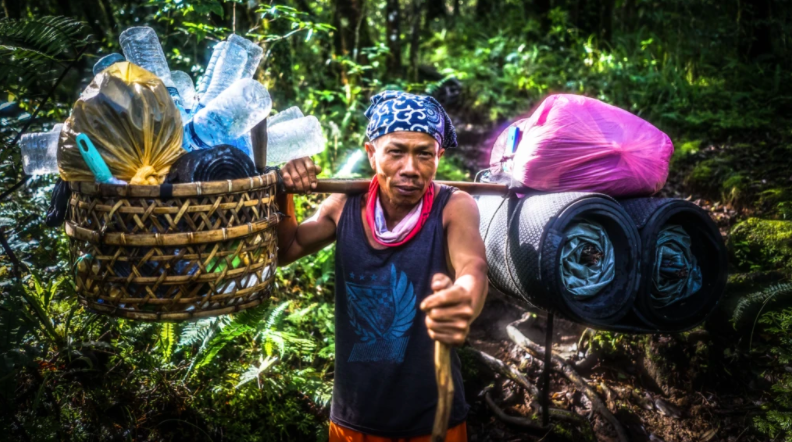Cleaning Up Our Planet with World Clean Up Month
September is National Clean Up Month, with World Clean Up Day observed this year on Saturday 21 September. Both events encourage communities from around the world to clean up, pick up and contribute to preservation efforts to conserve the environment.
The purpose is to promote a clean outdoors for all, no matter where and inclusive of all religions and cultures. It is a call to action to mobilise communities dedicated to keeping nature free of trash and bringing an end to litter.
World Clean Up Day on Saturday 15 September 2018 united 18 million people across 157 countries for the biggest waste collection day in human history. An epic 36-hour clean up across the globe began in New Zealand, travelling around the world and ending in Hawaii.
This clean up effort, of course, does not start and finish in September - it requires a commitment from every person, in every country, across every religion to continue to fight the pollution crisis.
Why does it matter?
Exposure to environmental pollution and associated toxic chemicals can cause disease and death. Patterns of pollution and pollution-related disease change depending on the economic development of the country, but regardless of country and socio economic status - pollution is a global crisis that affects and impacts everyone.
In high income countries environmental pollution has been linked to birth defects, asthma, autism, dyslexia, attention deficit/hyperactivity disorder, heart disease, stroke, cancer, diabetes and lung disease.
In lower income countries air pollution and contaminated drinking water are the major environmental risk factors for disease, threatening human health.
Discarded debris harms physical habitats and threatens marine life and wildlife, but of all the rubbish littered into our environment, plastic rubbish has the greatest potential to harm the environment, wildlife and humans. Plastic is mostly manufactured using toxic chemicals, taking anywhere from 500 up to 1000 years to break down. Plastic floats at the surface and sinks to the bottom, moving with currents it finds it’s way to the remotest places and often eaten by birds and fish.
300 million tons of plastic is produced every year, yet more than 90% of all plastic is not recycled
8 to 12 million tons of plastic is dumped into the ocean each year—equal to a garbage truck per minute.
Studies have found that plastic pollutes not only the land and water but also air and the entire food chain; threatening human health, wildlife and the planet.
Clean up efforts must be implemented on a global scale to fix the pollution humans have created. But we can’t only focus on one area to solve this ever-growing problem, manufacturers must also be held accountable for their product’s life cycle; design, creation and disposal. Additionally, suitable waste management infrastructures must be established in every country to cope with the rubbish created in order to reduce future pollution.
Everyone has a role to play. We are all connected to our environment, no matter who we are and where we live, we depend on it for our own health and wellbeing...every effort that each one of us individually makes, no matter how small, has a lasting impact.
Photo: Aaron Thomas, Unsplash

